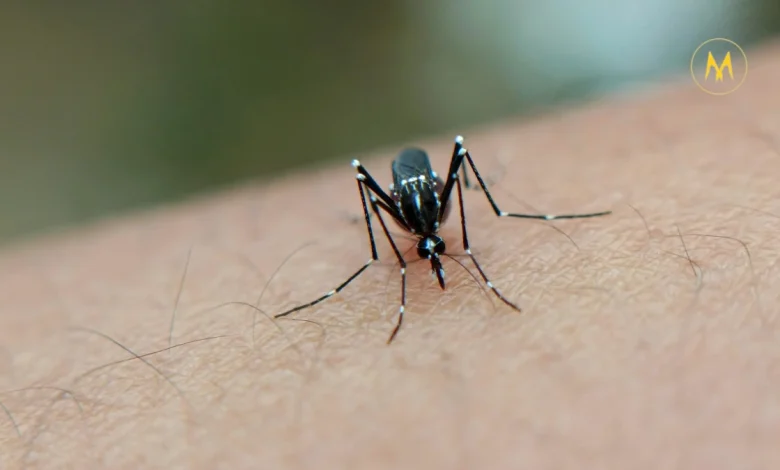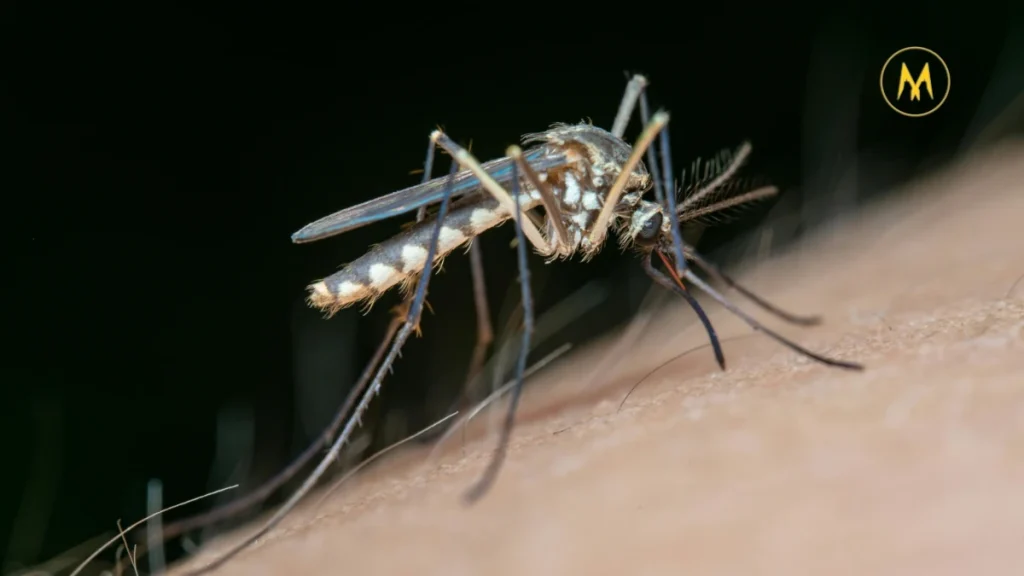West Nile Virus: Global Health Risks, Symptoms, and Prevention
Mosquito-borne transmission of West Nile Virus

West Nile Virus (WNV) has become a growing global health concern. Transmitted mainly by mosquitoes, the disease affects thousands of people each year. While many individuals experience mild symptoms or none at all, a small percentage face severe neurological complications that can be life-threatening. Understanding the risks, symptoms, and prevention methods is essential in reducing its impact worldwide.
This article explores the global risks of West Nile Virus, explains how it spreads, highlights symptoms, and provides prevention strategies that anyone can follow.
What Is West Nile Virus?
West Nile Virus is a mosquito-borne disease first discovered in Uganda in 1937. Over the decades, it has spread across Africa, Europe, Asia, the Middle East, and the Americas. Mosquitoes become infected after biting birds that carry the virus. Humans and other animals can then get infected through mosquito bites.
Unlike the flu or cold, West Nile Virus does not spread directly from person to person. The only known natural transmission route is through mosquito bites.
Global Health Risks of West Nile Virus
The virus poses different levels of risk depending on location and season. Regions with warmer climates and heavy mosquito populations face higher risks of outbreaks.
People at greater risk of severe illness include:
- Older adults (above 60 years)
- Individuals with weakened immune systems
- People with underlying medical conditions such as diabetes or hypertension
Public health organizations warn that climate change may expand mosquito habitats, increasing global risk in the future.
Symptoms of West Nile Virus

Most infected individuals show no symptoms. However, about 20% of cases develop mild to moderate signs.
Mild Symptoms
- Fever
- Fatigue
- Headaches
- Muscle pain
- Skin rash
- Nausea
Severe Neurological Symptoms
READ MORE: Effective Weight Loss Strategies: A Global Guide to Health and Fitness
A small percentage (less than 1%) experience serious complications affecting the brain and nervous system. These include:
- Encephalitis (inflammation of the brain)
- Meningitis (inflammation of the membranes surrounding the brain and spinal cord)
- Seizures
- Confusion or disorientation
- Paralysis
Severe cases may require hospitalization and supportive treatment.
How Is West Nile Virus Diagnosed?
Doctors use a combination of medical history, physical exams, and laboratory tests to confirm the infection. Blood tests and cerebrospinal fluid analysis can detect the virus. Early diagnosis helps in providing the right care and preventing complications.
Treatment Options
Currently, there is no specific antiviral treatment for West Nile Virus. Mild cases can be managed at home with:
- Rest
- Adequate hydration
- Over-the-counter pain relievers
Severe cases often require hospitalization for intravenous fluids, respiratory support, and close monitoring by medical professionals.
Prevention Strategies
Since there is no vaccine for humans, prevention is the best defense. Effective strategies include:
Personal Protection
- Use mosquito repellent containing DEET or picaridin
- Wear long-sleeved clothing in mosquito-prone areas
- Sleep under insecticide-treated bed nets in high-risk regions
Environmental Control
Eliminate standing water around homes where mosquitoes breed
- Use window and door screens
- Support community mosquito control programs
By combining personal and community measures, individuals can greatly reduce the risk of infection.
Final Thoughts
West Nile Virus remains a global health concern, especially in regions where mosquitoes thrive. Although most infections are mild, severe cases can lead to life-threatening complications. Protecting yourself and your community requires awareness, preventive action, and proper medical care when needed.
By staying informed and following preventive measures, you can reduce the risks and contribute to a safer, healthier environment.
READ MORE: Ozempic Explained: Why This Diabetes Drug Is Trending Worldwide for Weight Loss
Frequently Asked Questions
No. The virus spreads only through mosquito bites and not by direct human contact.
Currently, no vaccine exists for humans. Researchers are working on developing one.
Older adults, people with weak immune systems, and individuals with chronic diseases face higher risks.
Use mosquito repellents, wear protective clothing, and eliminate stagnant water around your home.
Yes, animals such as horses can be infected, but most pets remain unaffected. Vaccines exist for horses but not for humans.




